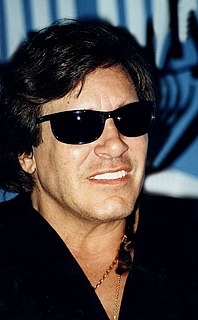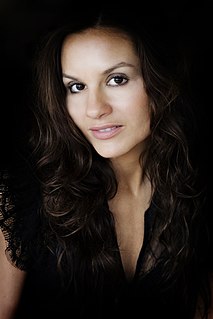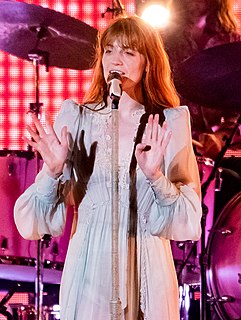A Quote by Douglas Brinkley
Having recorded his first album, 'Tapestry,' in 1969, in Berkeley, California, during the student riots, McLean, a native New Yorker, became a kind of weather vane for what he called the 'generation lost in space.'
Related Quotes
For most visitors to Manhattan, both foreign and domestic, New York is the Shrine of the Good Time. "I don't see how you stand it," they often say to the native New Yorker who has been sitting up past his bedtime for a week in an attempt to tire his guest out. "It's all right for a week or so, but give me the little old home town when it comes to living." And, under his breath, the New Yorker endorses the transfer and wonders himself how he stands it.
Today's children are living a childhood of firsts. They are the first daycare generation; the first truly multicultural generation; the first generation to grow up in the electronic bubble, the environment defined by computers and new forms of television; the first post-sexual revolution generation; the first generation for which nature is more abstraction than reality; the first generation to grow up in new kinds of dispersed, deconcentrated cities, not quite urban, rural, or suburban.
One of the nice things about the United States is that, wherever you go, people speak the same language. So native New Yorkers can move to San Francisco, Houston, or Milwaukee and still understand and be understood by everyone they meet. Right? Well, not exactly. Or, as a native New Yorker might put it, 'Wrong!'
Another example of what I have to put up with from him. But there was a time I was mad at all my straight friends when AIDS was at its worst. I particularly hated the New Yorker, where Calvin [Trillin] has published so much of his work. The New Yorker was the worst because they barely ever wrote about AIDS. I used to take out on Calvin my real hatred for the New Yorker.
Part of my problem as a young writer was that I was too much a New Yorker, always second-guessing the 'market.' I became so discouraged that I decided to write something that would please me alone - that became my sole criterion. And that was when I wrote 'Forgetting Elena,' the first novel I got published.



































